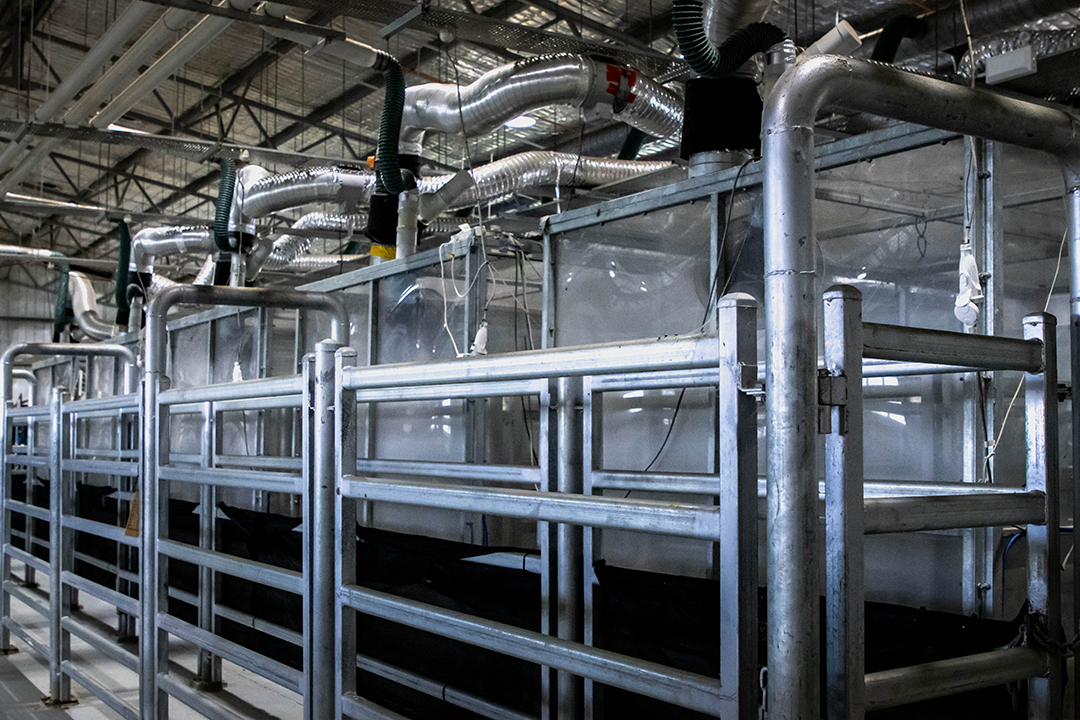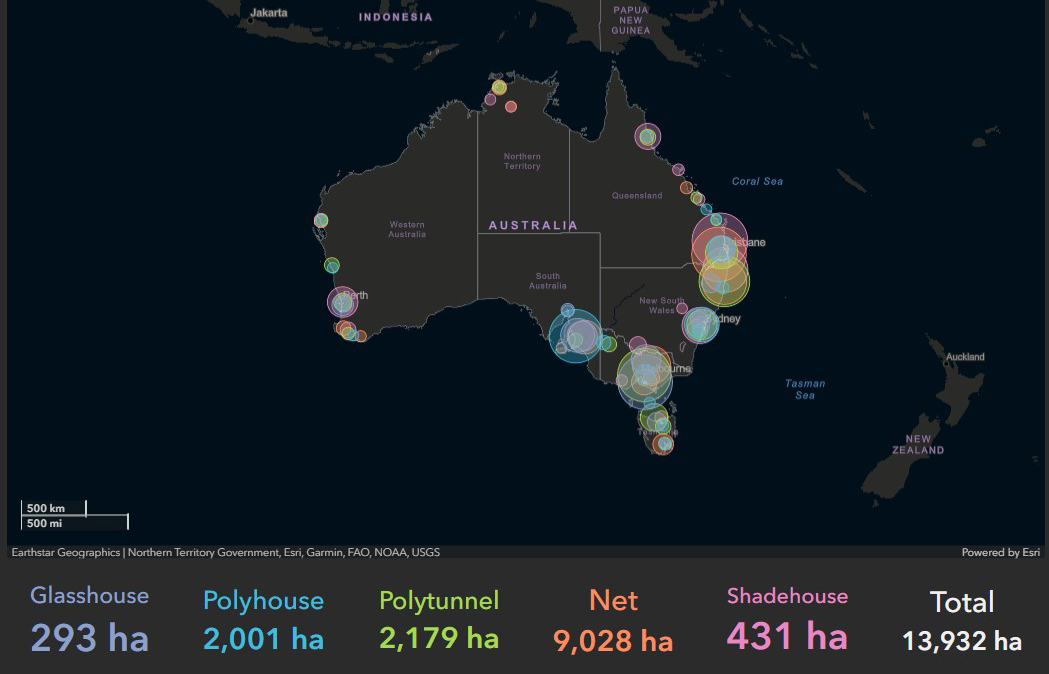The Faculty of Science, Agriculture, Business and Law (SABL) is gearing up for another jam-packed year of research, following several major funding injections during 2023.
Over the past twelve months, the faculty secured almost $60-million in research grants to conduct a range of ground-breaking projects to tackle issues such as climate change, food security, drought, and environmental degradation.
With many of these projects set to continue into 2024 and beyond, Associate Dean Research, Professor Amir Karton, is excited for the opportunities that they will bring to the university.
“This remarkable success is a testament to the ground-breaking research and world-class multidisciplinary research teams across SABL,” he says.
“Our strong relationships with industry, government and other funding bodies have helped us achieve these great results, along with our investment into some of Australia’s top research infrastructure. For example, 10 respiration chambers within the Centre for Animal Research and Teaching gives UNE the largest capability for methane monitoring in the world."

Image: Respiration chambers located within the Centre for Animal Research and Teaching on the UNE Armidale campus.
"From agriculture, science, and environment, to business and law, we are helping create a better future for people living and working in rural and regional communities, and are excited to contribute and lead such important research.”
In the animal science and agronomy space, a number of projects are underway in the School of Environmental and Rural Science (ERS) to reduce methane production in livestock. These include several multi-million-dollar projects looking at methane mitigation and productivity in sheep, beef, and feedlot cattle. Other major projects in this area include looking at carcase quality of feedlot cattle, creating a circular economy for poultry, and investigating impacts of feed additives on methane production and productivity.
A number of academics from the School of ERS will also begin work as a Tier One partner in the newly announced Zero Net Emissions Agriculture Cooperative Research Centre (ZNE-Ag CRC), which is the largest CRC to date having secured a collective total of $300-million in funding over 10 years. UNE’s role will focus on developing solutions to reduce methane emissions in livestock production, including the development of nutritional supplements and pasture to inhibit methane emissions, and genetic selection tools for cattle and sheep breeding. UNE will also play a major role in the education, training and adoption program, which is already being done through our teaching and long history of research relating to sustainable agricultural practices.
From agriculture, science, and environment, to business and law, we are helping create a better future for people living and working in rural and regional communities, and are excited to contribute and lead such important research.
Environmental conservation is another major research theme, with Dr Sarah Mika securing $12 million for a project funded by the Australian Department of Climate Change, Energy, Environment and Water to investigate how Commonwealth environmental water in the northern Murray-Darling Basin is maintaining or improving fish and waterbird populations, and the condition of riparian and floodplain vegetation. This project will create 4 PhD stipends, with 2 of these Indigenous identified positions.
Meanwhile, the Turtle’s Forever Project will continue the artificial rearing of hatching Bell’s Turtle’ to reinforce wild populations, and the Koalas in the Landscape project will map current koala hotspots and predict what future habitats will look like as a result of climate change.
In the cropping space, The School of Science and Technology’s (S&T) Applied Agricultural Remote Sensing Centre is working on a number of large-scale projects, including the continued development of the Australian Tree Crop Map. The map, first launched mid-2017, has received a $1.7 million funding injection to include higher level information such as variety type, planting dates and management. This will help producers, industry and governments make more informed decisions around industry growth, traceability, infrastructure and labour needs as well as be better prepared for natural disasters and biosecurity threats.

Image: The interactive PCS Dashboard allows users to explore the location and area of around 14,000 hectares of glasshouses, commercial nets, polytunnels and shadehouses.
The School of S&T is also part of an ARC Discovery project looking at reaching new frontiers of quantum fields and gravity through deformations.
Meanwhile, the UNE Business School is working on a major international collaboration designing a new ethical framework for innovative digital platforms to discover digital fraud, while researchers from the Business and Law Schools will continue to improve knowledge around succession planning for those living and working in rural and regional Australia.
These are just a handful of the hundreds of projects currently underway within the Faculty in 2024. Many of these projects will work with outside partners, and will involve collaboration with schools and faculties from across UNE.
To keep up to date with the full range of research coming out of the Faculty of SABL in 2024, keep an eye on UNE Connect and the faculty social media pages:


